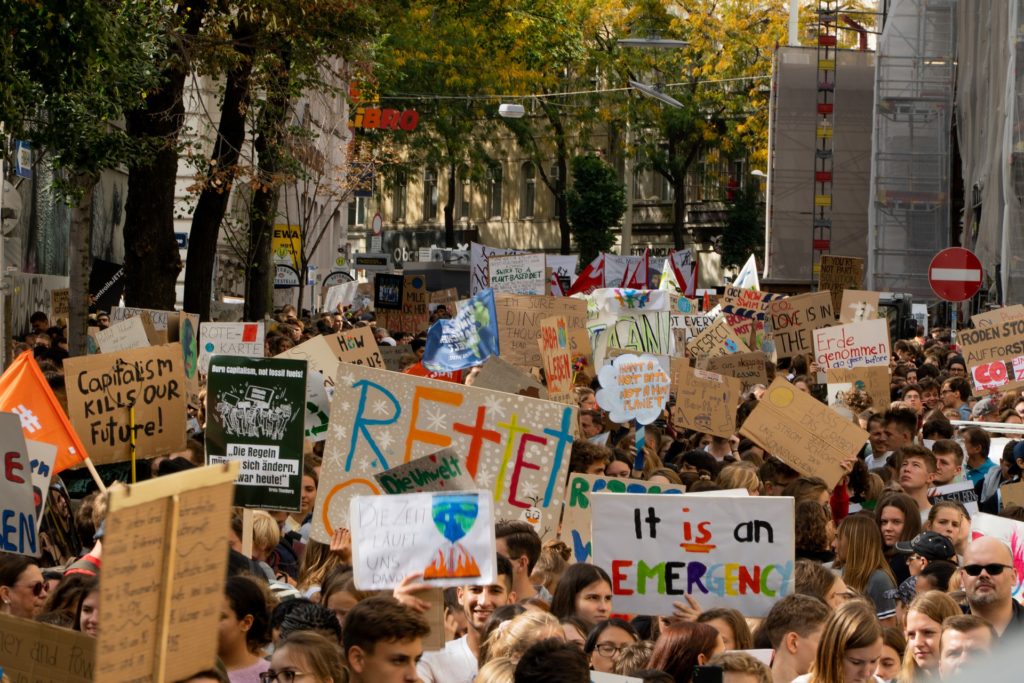Professor Glenn Lyons
We face a climate crisis, a climate emergency. Hands up if you don’t believe this to be the case? If you do, then its worth reminding ourselves that: ‘crisis’ means a time of intense difficulty or danger; ‘emergency’ means a serious, unexpected, and often dangerous situation requiring immediate action. With this being the case and with transport being a significant contributor to the danger we are facing, it might be surprising to look at the content of the 2021 TPM programme. Only one session title refers to decarbonisation. None refer to climate change or to an emergency. So if, as Greta would say, our house is on fire, what on earth is the UK transport sector playing at? Surely the 2021 TPM should be dominated by the sense of emergency, after all, this is an existential crisis isn’t it? Perhaps we think its someone else’s house that is on fire?
Jillian Anable referred recently to suffering from PTSD – pre-traumatic stress disorder. Worrying about the climate crisis is affecting people’s mental health. So perhaps, with a few exceptions according to paper titles, TPM is a place to come and forget about this overwhelming problem and ‘do the small stuff’ instead?
However, what I’ve said above could be seen as superficial and disingenuous. And who am I to talk? I am on the programme myself and with no apparent reference to the climate emergency. However, one of the papers I’m delighted to be delivering will be reflecting upon the series of PTRC Fireside Chats over the last year, one of which considered the climate emergency. In the writeup of that event, I made the following observation (something my colleague Annette Smith astutely pointed out to me previously in her own words):
What we need to be doing to decarbonise resonates strongly with what many in transport planning have spent their careers seeking to achieve. In this regard, just as we have moved from the humble 56k modem for internet access to superfast broadband, we now need to unleash superfast transport planning.
If you look more closely at the programme you will see that the richness of transport planners’ concern with showing stewardship over the future sings out. Our efforts to understand how transport and society are changing and what might be done to shape future change are an important contribution to the bigger agenda, to the wicked problems of a post-pandemic, climate crisis world. Nevertheless, I look forward to getting a sense from all those participating in TPM 2021 of whether we are alive to the danger we face and to the contribution we can each try to make to collectively dampening the flames.

